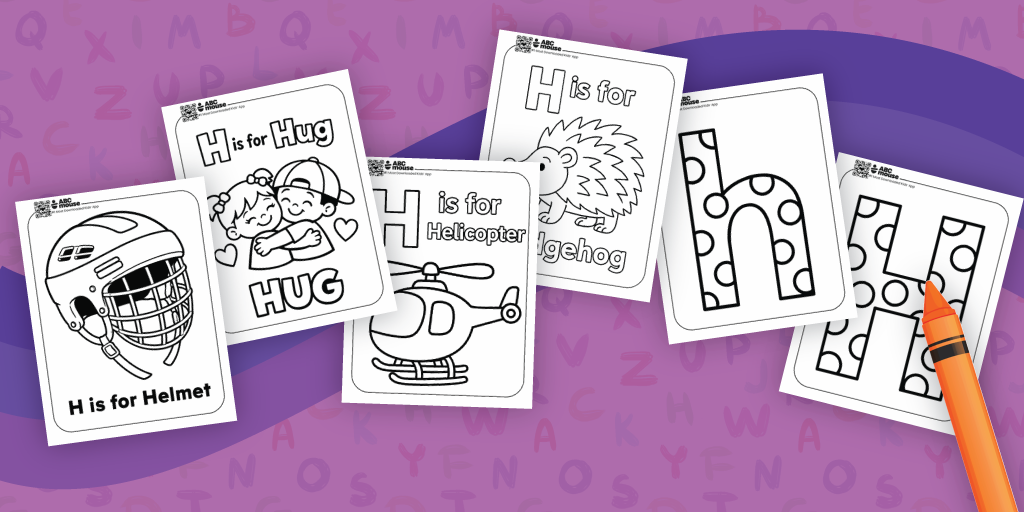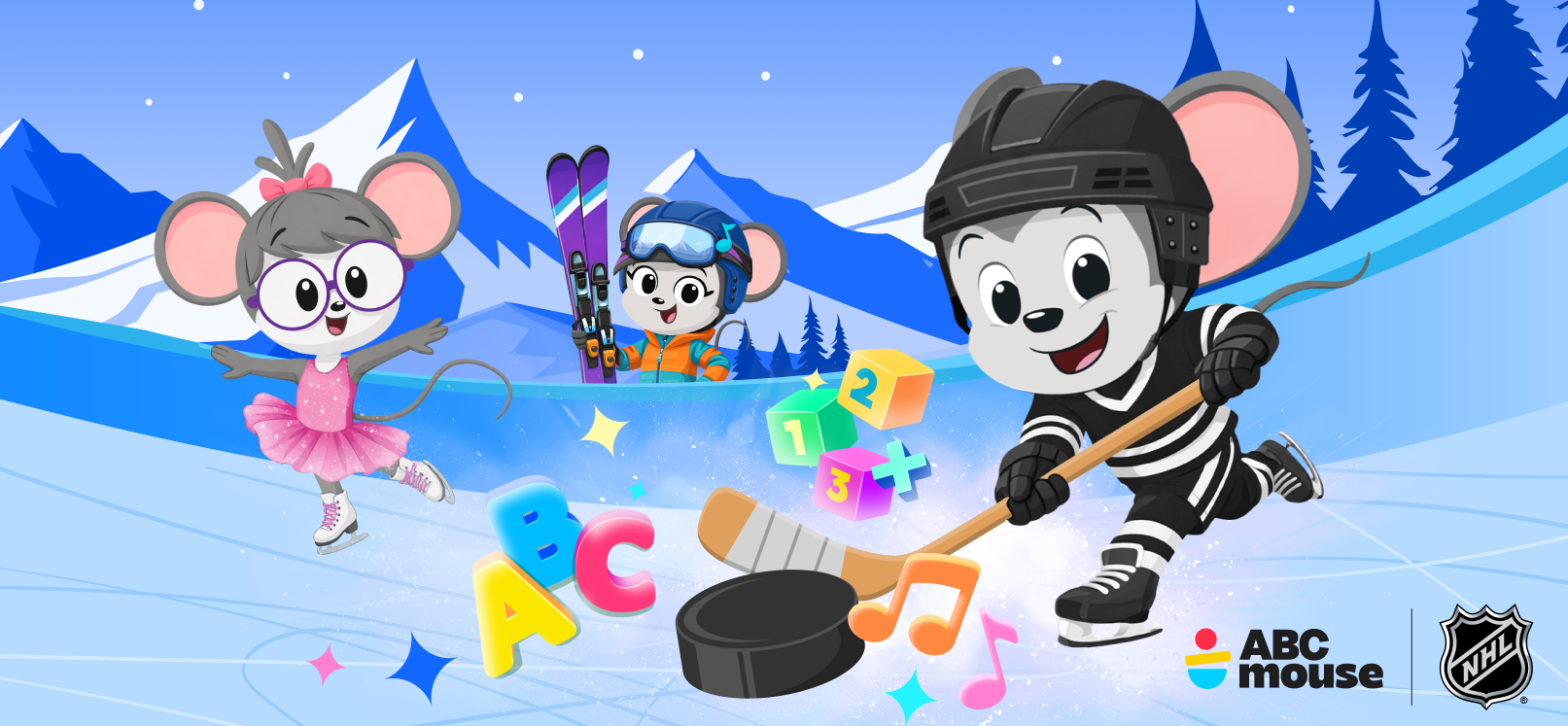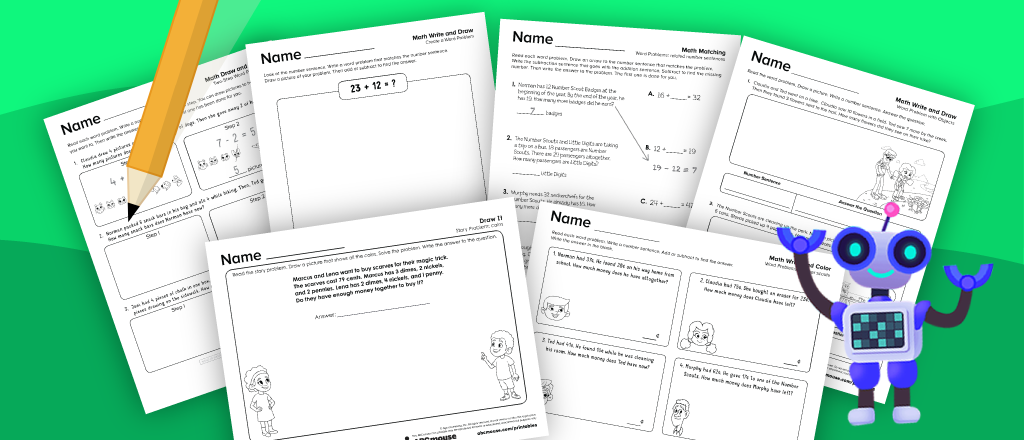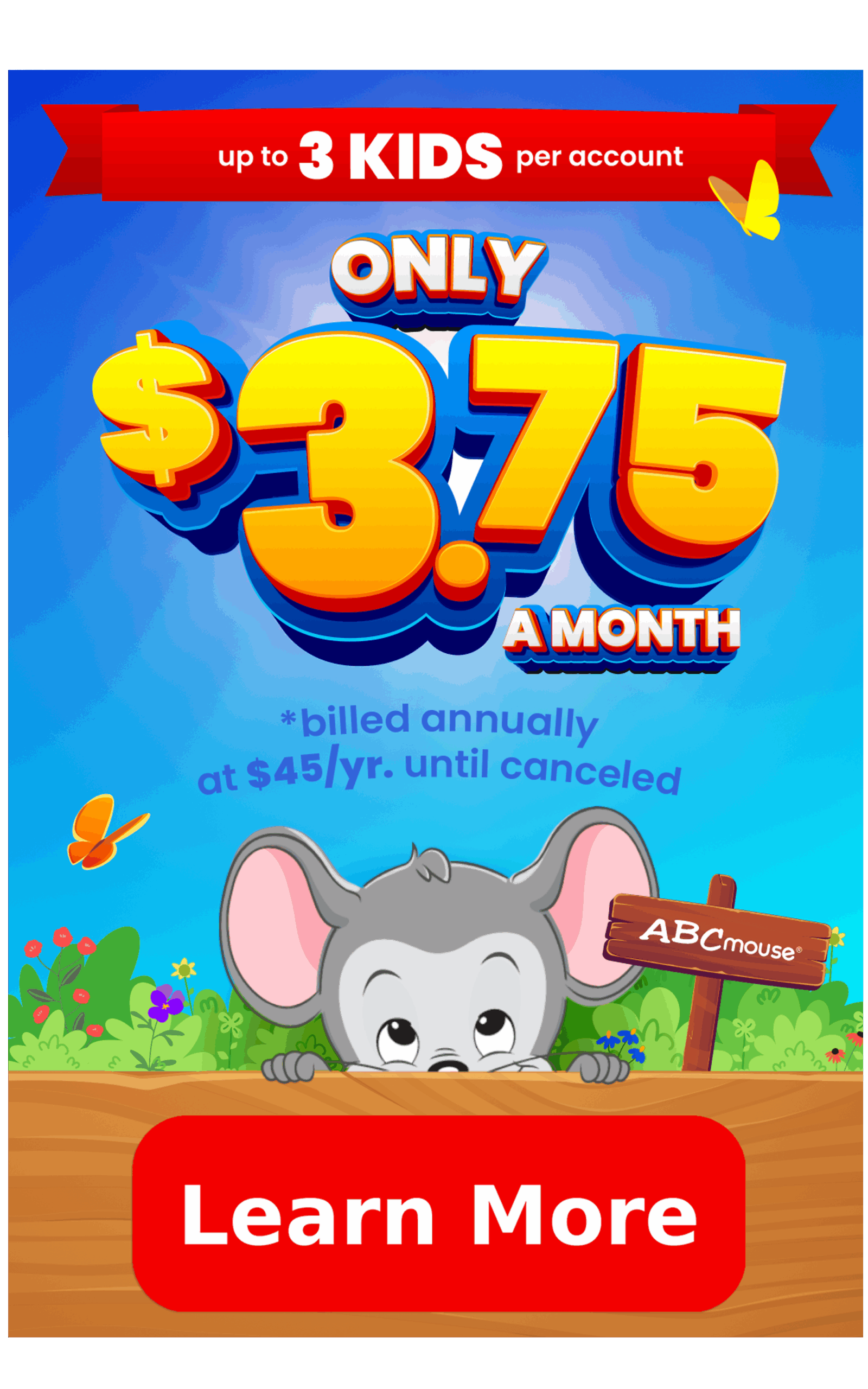How Digital Games Can Enhance Sight Word Practice

Digital sight word games focus on teaching young children high-frequency words or the words that appear most often in text. While sight words should first be taught phonetically when possible, children eventually learn to recognize them on sight, which can free up their minds to focus on reading comprehension and sounding out unfamiliar words.
Playing digital sight word games brings a dynamic and engaging learning experience to children, as these games typically use visually stimulating activities that can help children learn high frequency words more effectively.
Digital Learning in Action
Digital sight word games typically take an interactive approach to helping children learn high frequency words. For example, in the game Campfire Bug Out, children enjoy the fun of swatting virtual mosquitoes that are each carrying a sight word. When children see and hear a designated sight word, they swat the mosquito carrying that word and earn a point.
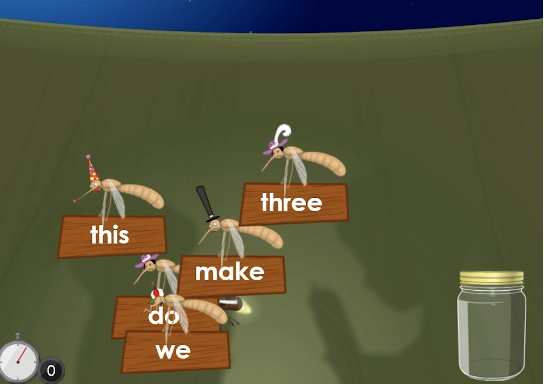
By incorporating elements of play into studying sight words, children are more likely to stay motivated and connected with the learning material. This approach also allows for immediate feedback, which is a key part of learning. When children select the correct word, positive reinforcement from the game encourages them to continue, boosting their confidence and leading them to play–and learn–more.
Research-Backed Learning
To gain insight on the impact of digital learning games, ABCmouse Early Learning Academy, in collaboration with the public school district prekindergarten (DPK) program in Tupelo, Mississippi, conducted two studies to investigate the influence of our platform on growing literacy and math skills among prekindergarten and kindergarten students.

The studies support the idea that children can make gains in literacy skills with digital learning interventions, highlighting that regular usage of quality digital-based learning games can accelerate growth in literacy and math skills and help bridge gaps between students of varying readiness levels.
Examples of Digital Sight Word Games
If you’re wanting to learn more about sight word games that engage children in play, check out this list of options.
Misaki’s Sight Word Surprise
Children work to locate Misaki using clues that feature sight words. Each time players use a mouse or their finger to select the correct sight word, they get one step closer to finding Misaki. This game can help children improve their sight words, phonetics, and spelling skills.
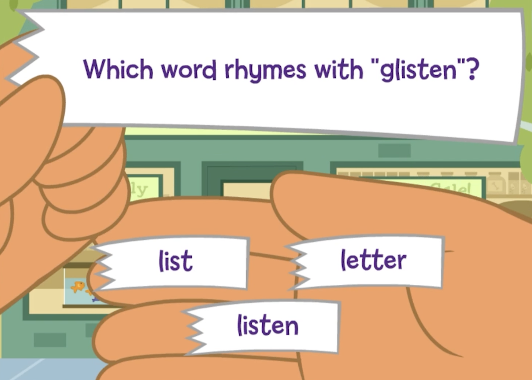
Pre-K Sight Words Matching Cards
Preschoolers will hear and see a short sentence being read that includes a beginner sight word, such as me or in. They’ll drag the matching sight word across the screen to the sentence it appears in, earning a point for every puzzle they get correct. Everything in this game is read out loud, so non-readers can play independently as they practice recognizing beginner sight words, spelling, and sentence structure.
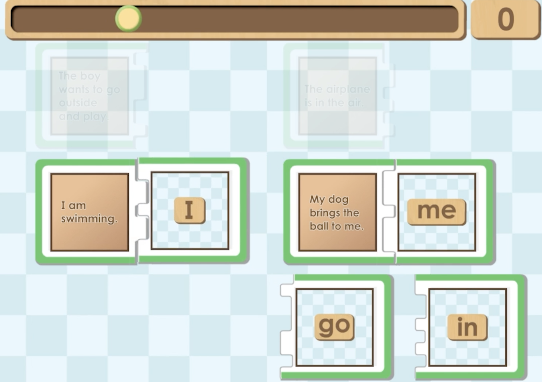
Ostrich Egg Hatcher
In this sight word game, children work on their sight word recognition skills by listening to a word and then picking from three eggs to select the one that matches the word they hear. When they pick the correct egg, children are rewarded with an adorable baby ostrich hatching from an egg.
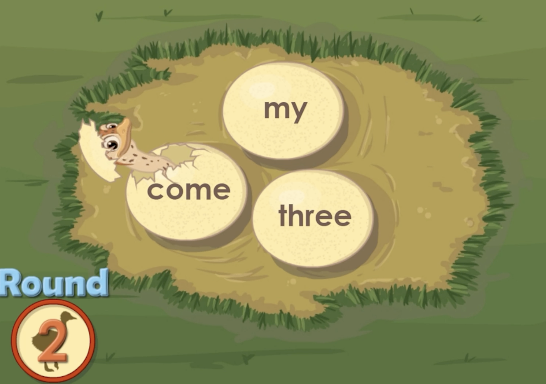
For parents researching the benefits of educational online games for young children, it’s important to remember that these games not only aim to make learning more engaging and motivating, but they can also help in developing an understanding of foundational concepts, such as sight words.
Related Activities
-
Letter H Coloring Pages (Free Printables!)
Free Letter H coloring pages for kids with hats, hippos, and more. Printable worksheets help toddlers and preschoolers practice letter H sounds.
-
ABCmouse Winter Sports Activities
Explore winter sports fun with ABCmouse and the NHL—books, games, and art activities for kids ages 2–8 that inspire learning and play.
-
2nd Grade Math Story Problems
Free 2nd grade math story problem worksheets to build problem-solving skills with addition, subtraction, place value, and more.
-
32 St. Patrick’s Day Crafts & Activities for Kids
Celebrate St. Patrick’s Day with 30+ fun crafts for kids! Find leprechauns, rainbows, shamrocks, and easy activities for all ages.
-
100 St. Patrick’s Day Jokes for Kids
Get kids giggling with these funny, family-friendly St. Patrick’s Day jokes featuring leprechauns, rainbows, and pots of gold.
-
Read Across America Activities
Celebrate Read Across America Day with over 25 fun reading activities for kids—perfect for classrooms, families, and literacy events.



